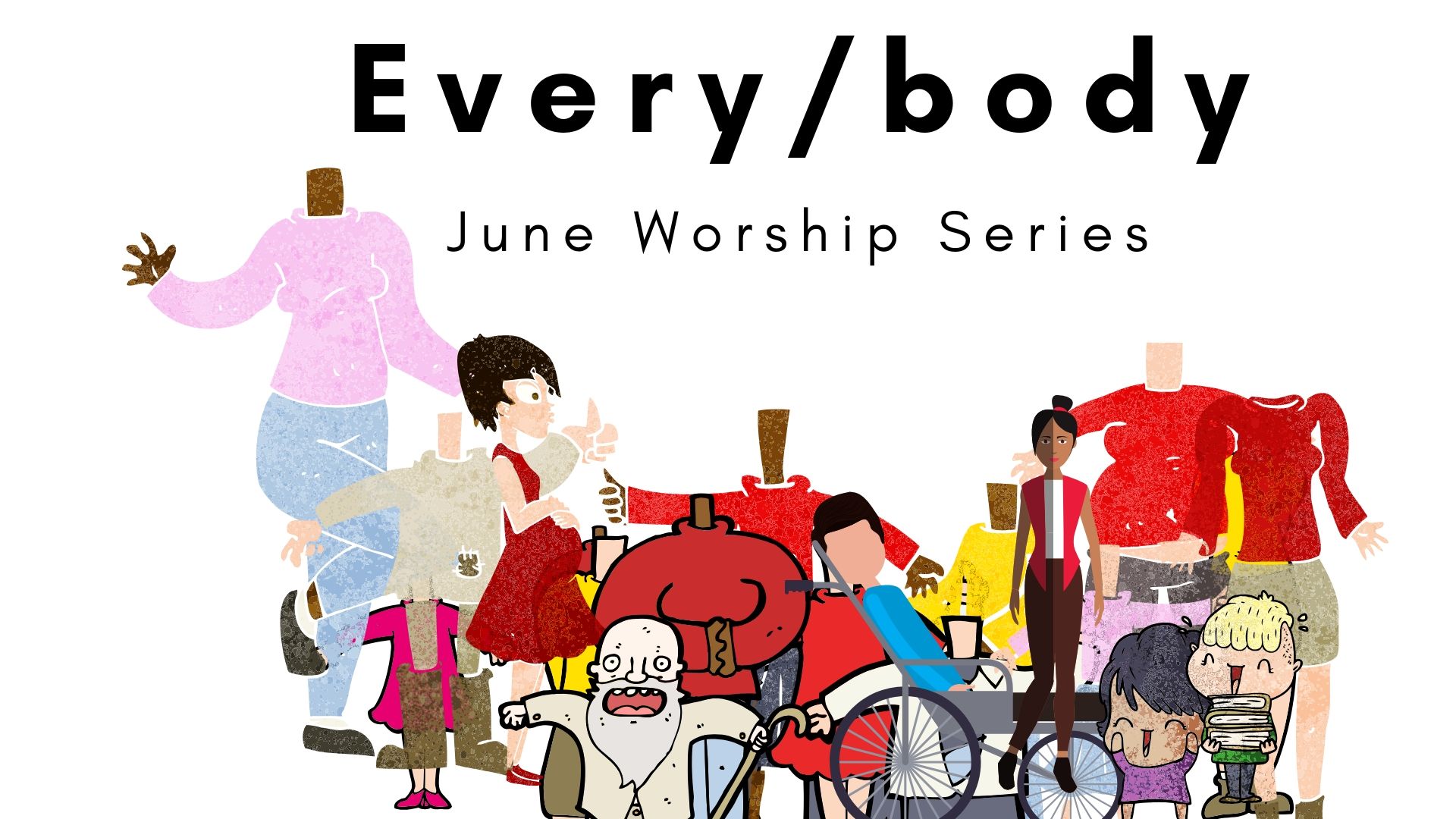Your body is welcome here, all of it.
Yes, even that part. And that part. And yes, even that part.
The parts you love, and the parts you don’t.
For in this place we come with all that we are
All that we have been,
And all that we are going to be.
It is from our bodies after all that all life flows and is experienced.
Our highest moments of connective pleasure and lowest valleys of pain – and every moment in between – play out on and within – a body. Your body. Your children’s bodies, your co-workers’ bodies, your parents bodies – all bodies, everywhere.
Bodies are the place where the political becomes personal, becomes fleshy. Where toxic norms of good bodies and bad bodies, shameful bodies and ideal bodies, worthy bodies and dangerous bodies, ‘normal’ bodies and disabled bodies; collide with our lives.
For many of us, our relationship with our bodies is unhealthy; having absorbed distorted messages of shame and unworthiness, having been a victim to violence and fear mongering because of the gift of our bodies.
During this series take the challenge offered to us by black activist & author of This Body Is Not An Apology, Sonya Renee Taylor, to make peace with our bodies, to practice radical self-love for our bodies.
But this is not just for us, Taylor contends that as we practice this radical self-love it opens up the possibility of being in true, deep, and just relationships with other bodies. l. As Taylor writes “Radical self-love demands that we see ourselves and others in the fullness of our complexities and intersections and that we work to create space for those intersections.”
Bodies as sources of wisdom, agency and power.
Bodies worthy at every age, every ability, every health status.
Bodies as place of transformation — personal and political.
Sunday Services
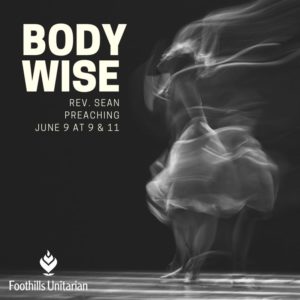
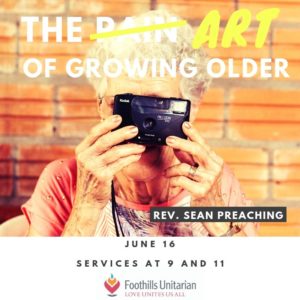
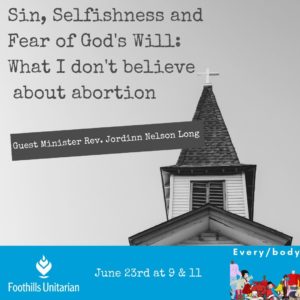
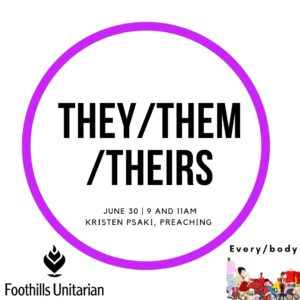
For this series, check out this song from Heather Mae – I Am Enough! It’s a powerful anthem.
| Go Deeper – Resources for further reflection on the theme |
| 1. Krista Tippett on Being Grounded in Your Body 2. Body Scan Meditation and science as to why it works 3. My Grandmother’s Hands: Racialized Trauma and the Pathway to Mending Our Hearts and Bodies by Resmaa Menakem 4. TED Talk: Why We Need Gender Neutral Bathrooms: 5. On Desire: Why We Want What We Want by William Irvine 6. “There seems to be this sense where disabled people are kind of seen as oddities and forced to go through this world to be singled out and othered,” says Imani Barbarin. “There’s really no common sense attached when able-bodied people approach disabled people.” Read more 7. Disability Visibility Project: https://disabilityvisibilityproject.com/about/ |
